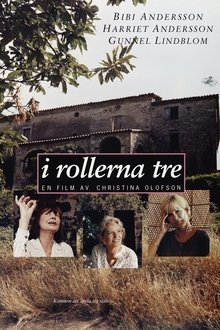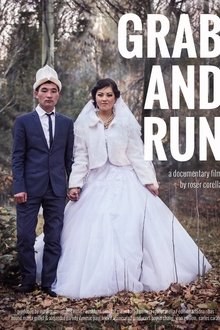Portraits of contemporary African women from four West African nations: Burkina Faso, Mali, Senegal and Benin.
Related Movies

After the Revolution (1996)
A wry look at the effects of sexual repression on lesbian and gays in former Czechoslovakia. After the Revolution explores the impact of the new gay movement, combining personal accounts and rarely seen propaganda film. After 40 years of totalitarian silence about sexuality, lesbian, gay and transsexual contributors reveal how they reacted to exclusion from communist norms of heterosexuality and parenthood, including in the case of some women, by changing sex.

Town Bloody Hall (1979)
Norman Mailer and a panel of feminists — Jacqueline Ceballos, Germaine Greer, Jill Johnston, and Diana Trilling — debate the issue of Women's Liberation.

Perfect Image? (1989)
Two actresses take us through a series of 'raps' and sketches about what it means to be beautiful and black.
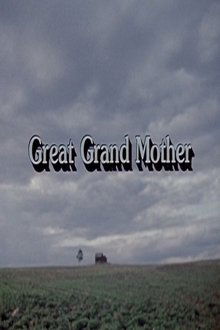
Great Grand Mother (1975)
This short film is an ode to the women who settled the Prairies, from the days of early immigration to 1916 - when Manitobans became the first women in Canada to receive the provincial vote - and beyond. Recollections of women are complemented by a series of quotations drawn from letters, diaries, and newspapers of the day, which are spoken over re-enacted scenes and archival photographs.
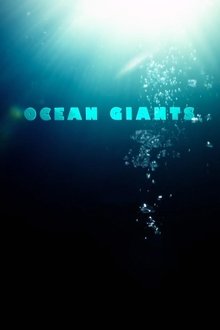
Ocean Giants (2011)
A 3-part documentary granting a unique and privileged access into the magical world of whales and dolphins, uncovering the secrets of their intimate lives as never before. Episode 1: Giant Lives / Episode 2: Deep Thinkers / Episode 3: Voices of the Sea
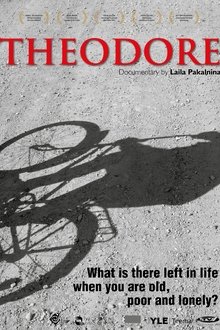
Theodore (2006)
Every day, come rain or shine, Theodore used to bike the seven kilometres from his house to the centre of the village to sit and drink beer in the bus stop. For him, no doubt, this place was the centre of the Universe. With his death, the centre has moved elsewhere, and the bus stop is just a bus stop again.

Shadows from My Past (2014)
SHADOWS FROM MY PAST interweaves the tragic fate of one Austrian Jewish Family from Vienna. Letters written from 1939 - 1941 as they were trying to save their children and each other reverberate to today. SHADOWS features many face-to-face, unrehearsed interviews with contemporary Austrians and near past contemporary interviews including Simon Wiesenthal, Kurt Waldheim, President Heinz Fischer, Theodore Bikel, Jorg Haider, survivors and many others. SHADOWS interweaves the memories of Gita Kaufman's family with Austria's present perceptions with Austria's present perceptions of its role in the persecution and deportation of Jews during World War II. SHADOWS underlines the need for Holocaust memory preservation, tolerance education, and serves as a warning for today.
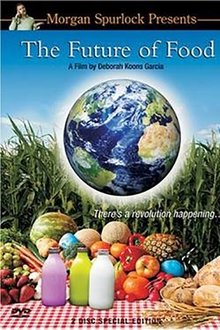
The Future of Food (2004)
Before compiling your next grocery list, you might want to watch filmmaker Deborah Koons Garcia's eye-opening documentary, which sheds light on a shadowy relationship between agriculture, big business and government. By examining the effects of biotechnology on the nation's smallest farmers, the film reveals the unappetizing truth about genetically modified foods: You could unknowingly be serving them for dinner.
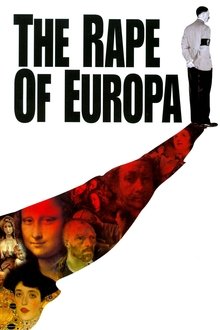
The Rape of Europa (2007)
World War II was not just the most destructive conflict in humanity, it was also the greatest theft in history: lives, families, communities, property, culture and heritage were all stolen. The story of Nazi Germany's plundering of Europe's great works of art during World War II and Allied efforts to minimize the damage.

Burlesque Undressed (2010)
In this revealing documentary, burlesque star Immodesty Blaize examines the world of British burlesque and the resurgence in its popularity.
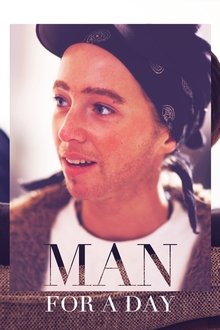
Man for a Day (2012)
Gender activist Diane Torr’s worldwide appearances and workshops are now legendary. For the past thirty years, the main focus of this performance artist’s work has been an exploration of the theoretical, artistic as well as the practical aspects of gender identity. Katarina Peters’ documentary observes a Diane Torr workshop in Berlin in which a group of open-minded women come together to discover the secrets of masculinity. What makes a man a man and a woman a woman? Precisely when and where is gender identity formatted? How much is nature and how much nurture? Each of Torr’s workshops represents an open-ended laboratory experiment in social behaviour in which the question is posed: is it possible to deliberately play out different roles and create a space in which to transgress both masculine and feminine characteristics?

Lighting the 7th Fire (1995)
A Chippewa prophecy foretells a time called the 7th Fire when lost traditions will be recovered. Native American filmmaker Sandra Sunrising Osawa examines how the Chippewa Indians of Northern Wisconsin have struggled to restore the centuries-old tradition of spearfishing — and the heated opposition they have encountered.

Tango Macbeth (2012)
Shakespeare, dance and world music! A theater company rehearses Macbeth. A film crew documents their every move. The drama of the play interweaves with the drama of the making of the film. It's unlike any version of Macbeth you have ever seen.

Women Aren't Funny (2014)
Comedian Bonnie McFarlane dons her investigative journalist's hat to find out once and for all if women are funny and report her unbiased findings in what some are calling the most important documentary of our generation.
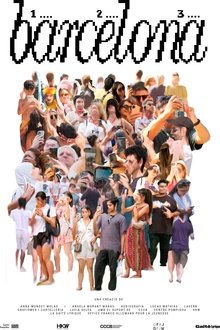
1,2,3... Barcelona! (2025)
Tourists eating and taking photos. Tourists strolling and taking photos. Tourists bathing on the beach and taking more photos. Barcelona has become an overexploited photocall to the point of paroxysm, and this is what this film shows by turning the camera and pointing towards the visitors. A small gesture that, added to a powerful sound contrast and a caustic sense of humour, exposes without subterfuge a grotesque normality.
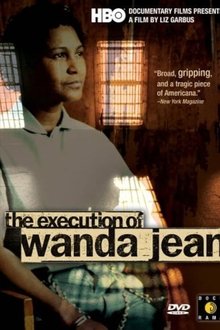
The Execution of Wanda Jean (2002)
The Execution of Wanda Jean chronicles the life-and-death battle of Wanda Jean Allen, the first black woman to be put to death in the United States in the modern era.

With the Whole Ocean to Swim (1997)
The life and the work of José Leonilson, one of the most important Brazilian artists of the 80's, who died of AIDS at the age of 36 in 1993. The video explores Leonilson's poetic and intimate universe through his work and through fragments of a diary he recorded between 1990 and 1993, where he talks about art, sex, memory and poetry.
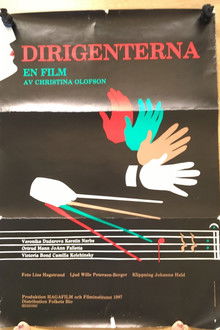
Dirigenterna (1987)
Six women have entered a male world - the orchestra conductors. The doubtfulness against female conductors and musicians in the world of classical music becomes clear during a visit to the Vienna Philharmonic. Conductors Sixten Ehrling and Jorge Mester comment on the prevailing conservative attitudes among colleagues.
